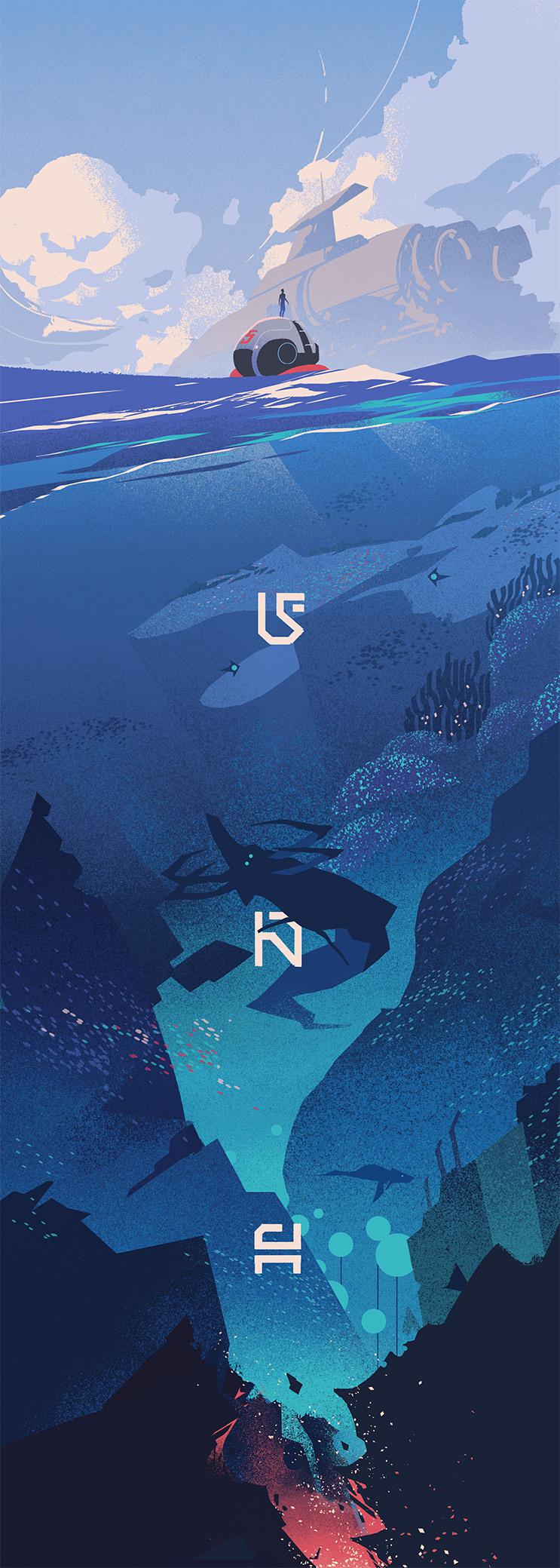

Witcher 3 doesnt need leveled enemies or loot. There is already a wide enough variety of monsters and equipment to convey player progression, and the leveling only exists to make sure that Geralt is as vulnerable to human enemies at the end of the game as the beginning. That’s great! That’s the kind of world it is. I just don’t think you need constantly increasing hitpoints & a loot treadmill to keep it that way.




I have a 10 year old CPU and I think Baldur’s Gate 3 has better performance than Battletech sometimes.